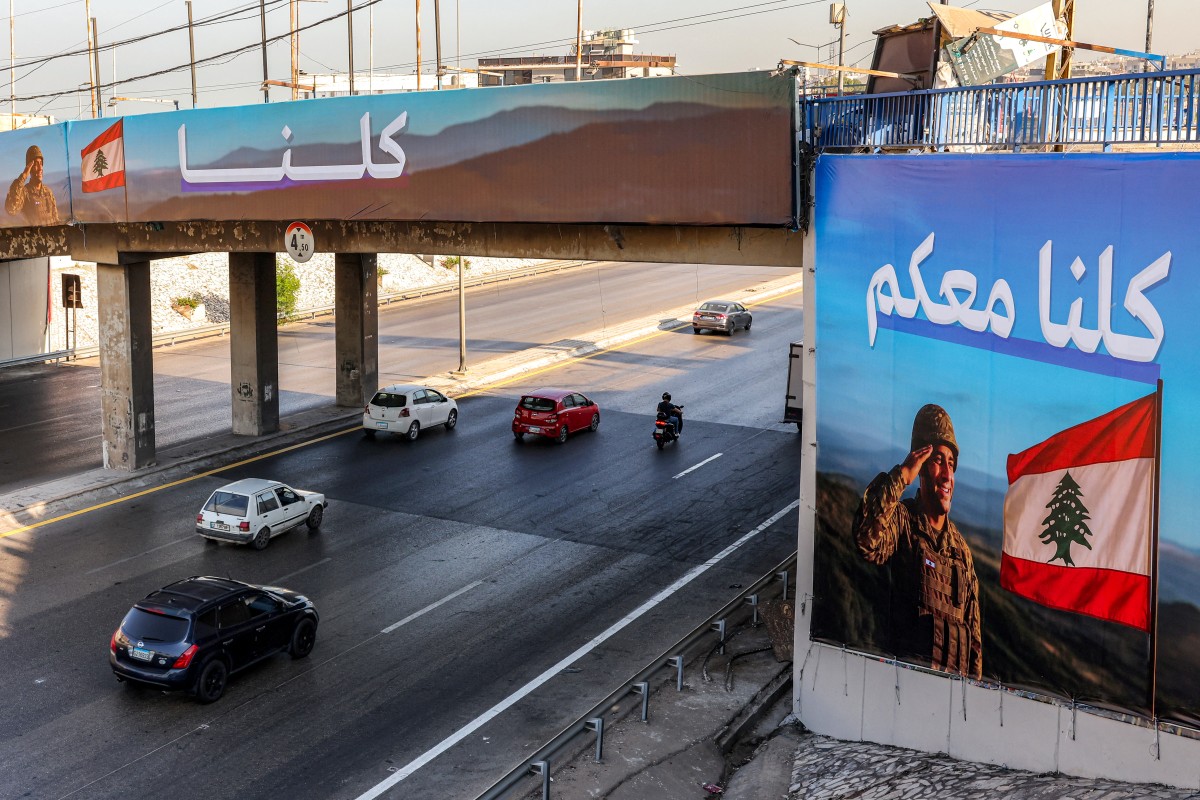Today, Saturday, November 22, 2025, we celebrate Lebanon’s 82 nd Independence Day — but without any festive display, especially the traditional downtown military parade usually attended by the state’s leaders.
This independence — achieved in 1943, lost, and then regained in 2005 with the withdrawal of the last foreign soldier — now seems to demand a third battle to reclaim it, given our current reality: renewed Israeli pressure and international–regional tutelage. The writer sarcastically remarks that during the French Mandate, Lebanon dealt with only one High Commissioner, while today it faces a multitude of foreign power-brokers.
Our failure is not only that since 1926 we accepted a hybrid political system — secular and civil in its constitution (except for Article 95, which temporarily enforces sectarian job quotas), yet sectarian in practice. We still suffer its consequences today, and our suffering will deepen so long as sectarian identity holds the final word, even within the same sect.
Nor is our failure limited to accepting — under pressure — a constitutional amendment supposedly leading to a “Second Republic,” an agreement we took only to stop bloodshed. It carried the seeds of its own collapse: first, it deepened sectarianism and pushed politics into toxic identity rhetoric; second, it was filled with contradictions and loopholes that made it unfit to govern; third, it turned Lebanon into a “cake” divided among regional and international powers. Local politicians received only crumbs, content to chase positions, deals, and foreign patronage, while the people inherited corruption, emigration, poverty, unemployment, billions in debt that cannot be repaid, and the loss of depositors’ money after what was called the “October 17 Revolution.”
But our greatest failure is that after Lebanon was freed from foreign armies and regained sovereignty and independence, almost none of its political groups undertook any critical review of their wartime behavior (1975–1990) or their conduct during the so-called “civil peace,” which was in fact a continuation of the war (1990–2005). They clung to their narratives as if sacred, entrenched themselves behind them, and remained trapped in self-made cocoons that nearly suffocated them.
What is Lebanon? A country? A hotel? A battlefield for settling scores? A transit station? A refuge?
Is it an independent state excluded from regional plans of partition, annexation, and resettlement? Or merely part of a larger whole? Or something deemed unnecessary?
What is its identity? Purely Lebanese? Arab? And what version of Arab identity, when its most recent expression took the form of ISIS?
Who is its enemy? Who is its ally? Where do its real interests lie — in this alliance or that hostility?
What is Lebanon’s function? A sovereign state? Rival tribes aligned with different foreign, regional, religious, or social axes? Sects forced to coexist in one container, waiting to be exploited? Or a pioneering model of shared life between diverse groups — capable of forming a nation rather than just a country? Should it adopt neutrality, or interfere in conflicts that do not concern it?
What is its future? Continuing the endless struggle for power among the same families who have dominated parliament for decades, alongside old and new parties? Or drafting an electoral law that reflects the aspirations of the Lebanese, treats them fairly, and restores balance?
Should Lebanon continue begging for aid — “out of God’s generosity, Or benefactors” — or finally take initiative and invest in its intellectual, natural, and touristic wealth, strengthening independence and free decision-making and providing its people with security and prosperity?
These are fundamental questions, among many others. But who has ever answered them? And who can unify those answers while revisiting their political and ideological doctrines, so we may face tomorrow reading from one book, not from conflicting interpretations?
The opportunity is not lost. The world is changing, and a regional settlement is approaching. Will we keep wasting time on meaningless debates — “like arguing over the gender of angels” — until we disappear from the map of nations? Or will every party conduct self-criticism, learn from it, define its vision, and then meet in honest dialogue to form a genuine Lebanese-Lebanese pact that lays the foundation for a country worthy of its name?
Let us not become, as Nietzsche warned, prisoners of rigid beliefs that block truth and are more dangerous than lies — unless we still believe that “lying is the seasoning of manhood,” a bitter irony.
Ten months have passed since the new political era began. No one has acted on any of the above. Much talk, even more promises — almost no action.
A war ended with a ceasefire agreement, yet the conflict itself has not ended. Lebanon faces humiliating conditions, and its fate oscillates between one destructive war and another — accompanied by threats, fear, and the stick without the carrot.
The purpose behind all this is to halt Iranian intervention in Lebanon, especially after the severe blows dealt to Tehran, its ally Damascus, and Hezbollah.
Yet among the new “High Commissioners” — those overseeing Lebanon’s fate — there is not a single Iranian. They are American presidential envoys, senators, representatives, and analysts, supported to a lesser extent by other nationalities, especially Arabs.
Lebanon’s authorities, facing all this, are powerless — pleading for negotiations with Israel, while Israel does not answer.
Even the Lebanese Army — considered the last pillar of national unity and stability — is “rewarded” by punishing its commander: the United States bars him from entry, accusing him of delaying the enforcement of weapons-control policies and of not complying with external demands, fueled by reports against him at home and abroad.
Today is Lebanon’s Independence Day? In what state do you return, O D day? What independence is left?
Please post your comments on:
[email protected]
 Politics
Politics







